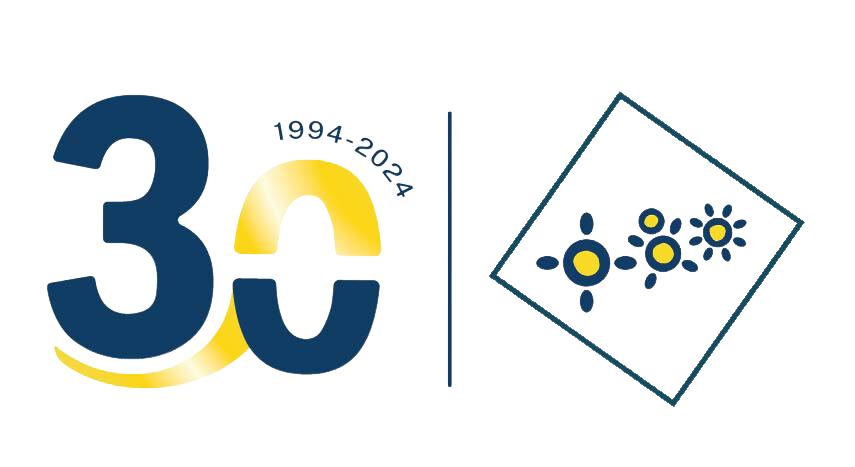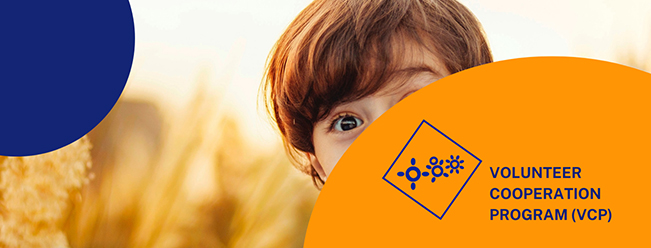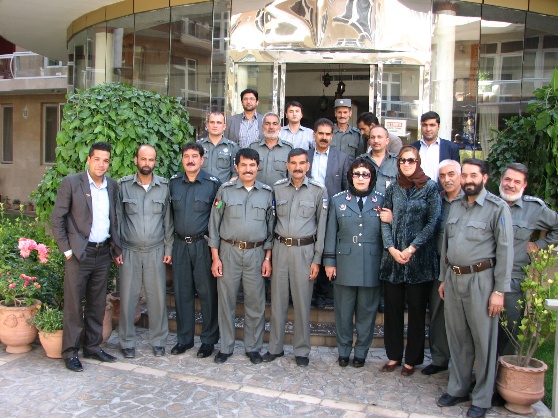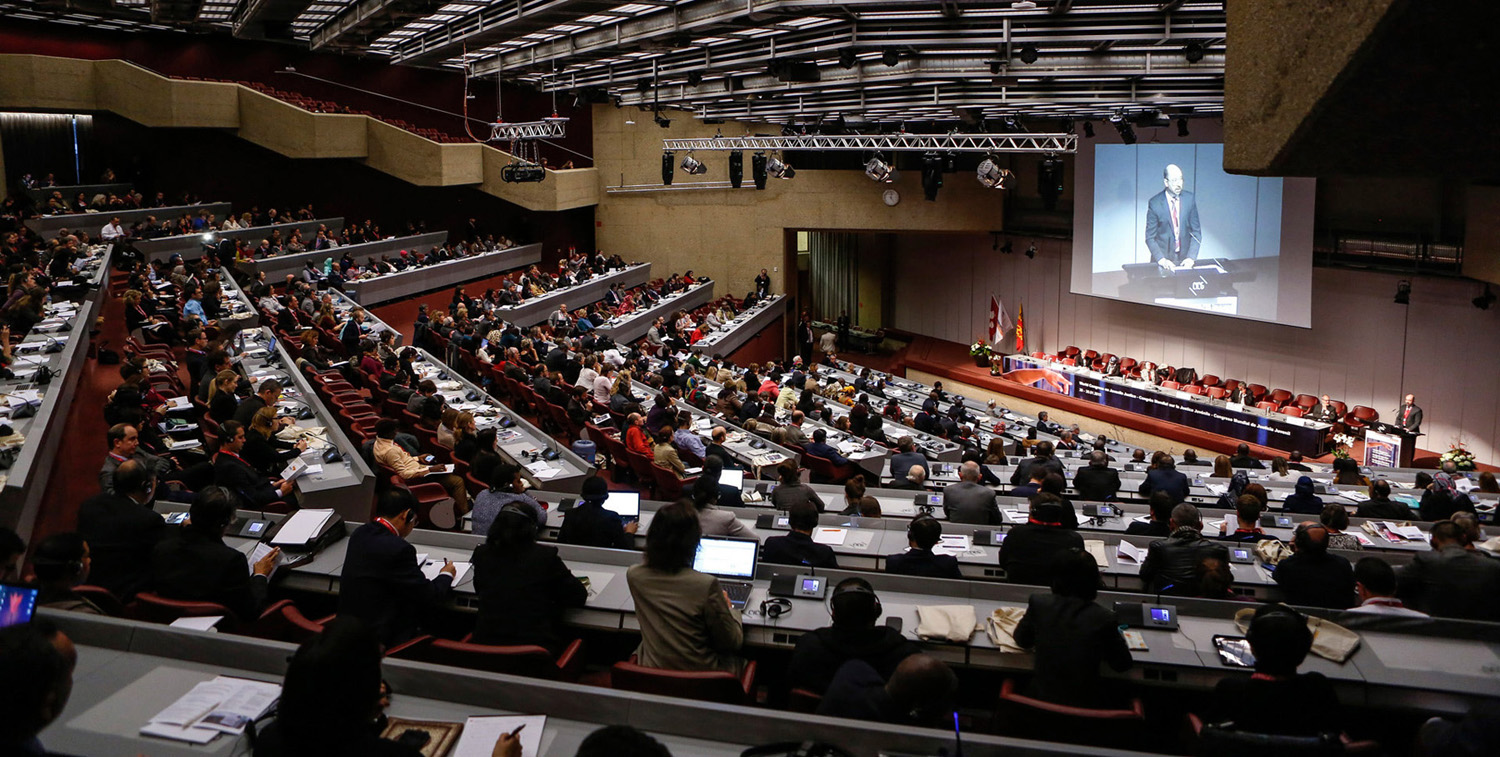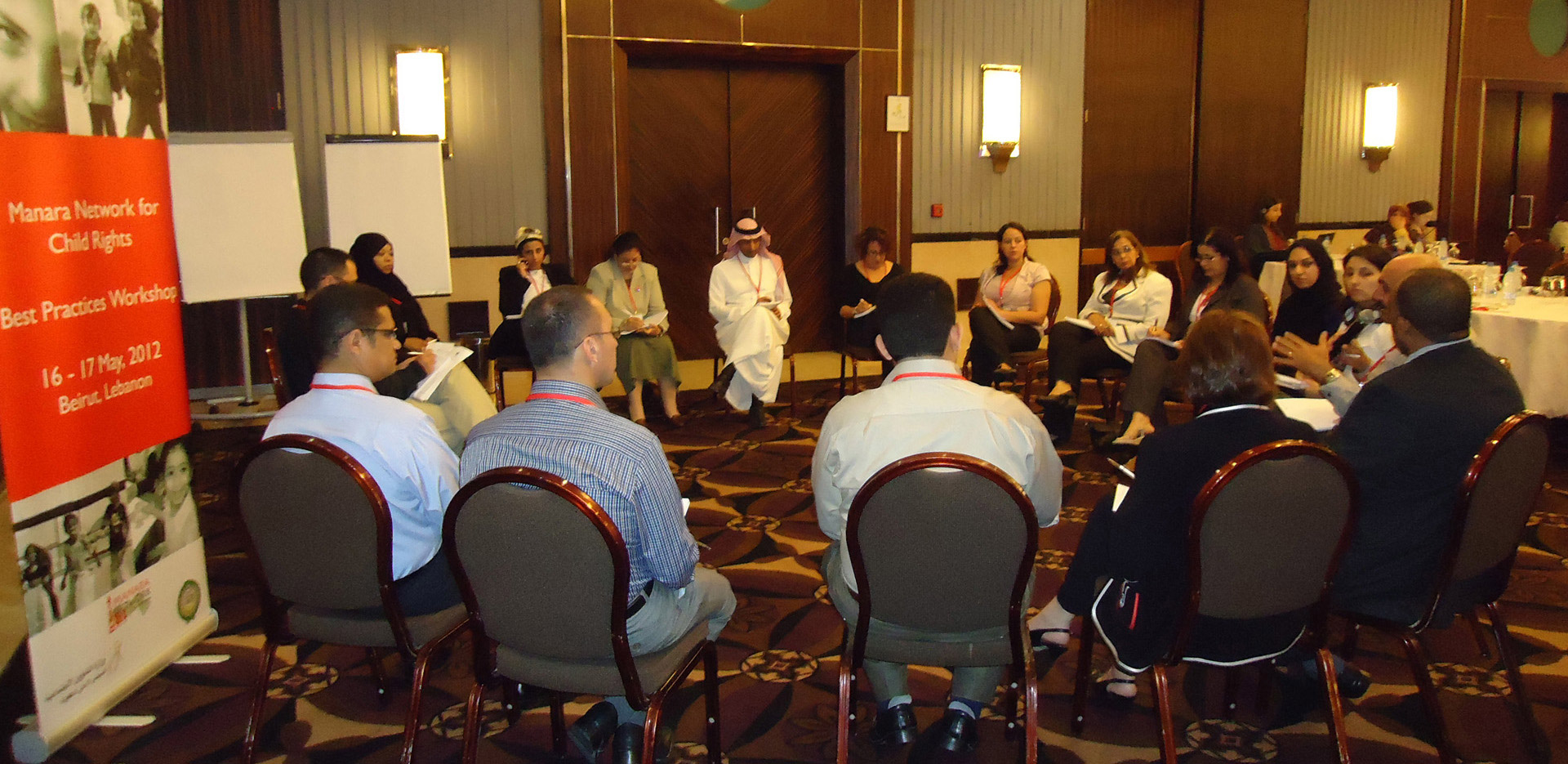Second regional brainstorming workshop on key competencies and human resource development for child protection in West and Central Afric
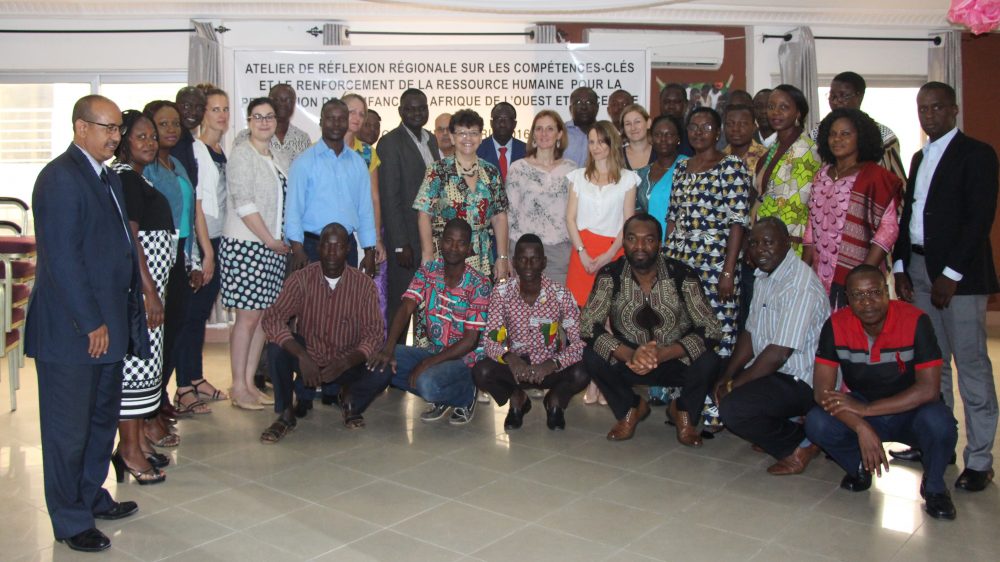
IBCR’s initiative, flexibility and sustained commitment to ensure that all vulnerable children in Chad can enjoy their rights, including the right to be protected from all forms of abuse, violence and discrimination.
Madame ZARA RATOU, Director of Childhood of the Ministry of Women, Early Childhood Protection and National Solidarity (Chad)
Duration of the workshop: 12 to 15 April 2016
Following the recommendations of the mapping study of social work training offers conducted in 2014 by the CPC Learning Network ("Human Resource Training in Social Services : Central and West Africa Region") and which showed a great variety in the supply and quality of social work training available in the different countries of the region, UNICEF, the sponsor of the study, the International Bureau for Children's Rights (IBCR), Terre des hommes - Lausanne (Tdh) and the International Social Service (ISS) agreed to carry out on behalf of the Regional Group on Child Protection (GRPE) an inter-agency initiative on strengthening social work in the region.
This initiative is also part of a dynamic of collaboration between the GRPE and ECOWAS, concretized through an action plan resulting from the meeting between the ECOWAS Commissioner in charge of Social and Gender Affairs and the GRPE held in Dakar on 14 July 2014.
Within the framework of this joint project between ISS, Tdh, IBCR and UNICEF, a first meeting was held in Dakar in December 2014 and saw the participation of nine schools/universities of the region from seven countries (Côte d'Ivoire, Ghana (2), Benin, Burkina Faso, Guinea-Bissau, Senegal (2) and Mauritania). Other members of the GRPE, such as ENDA TM and AMWCY, as well as ECOWAS, were also invited to participate in the workshop.
This workshop was the first step in the creation of a regional network for the strengthening of human resources and the provision of social services in West and Central Africa, and resulted in the adoption of a roadmap.
In accordance with this document, consultations/reflections were carried out in the following countries by the partners: Senegal and Guinea Bissau (SSI); Benin, Burkina Faso, Burundi, Mali, Mauritania, Togo (Tdh); Togo, Burkina Faso, Chad and the Democratic Republic of Congo (IBCR). A proposal for a grid of social workers' competences was also drawn up by Tdh on the basis of the conclusions of its national consultations. This grid was inspired by other documents and their approaches, in particular the IBCR's work on the key competences of security forces working with children.
As a follow-up to this process, which is still guided by the recommendations of the study as well as the national consultations, it was planned that these partners would organize a second regional workshop to support the design of core competences for social workers, with the support of key stakeholders in each country.
Thus, in April 2016, the city of Cotonou in Benin hosted eight national delegations on the occasion of the Second Regional Reflection Workshop on Key Competencies and Human Resource Development for Child Protection in West and Central Africa
Our objectives
From one country in the region to another, and even within a country, the sphere of social action presents a very wide variety in all parameters (normative framework, institutional framework, resources, etc.). This disparity is particularly noticeable at the level of human resources - the target of this project - especially with regard to training, tasks, roles and responsibilities, working tools and processes, the profiles of the people working in this sector, the level of quality of the results produced, and even the perception of these aspects by the people concerned.
Diversity in itself is not undesirable. It has many advantages, including the potential for mutual enrichment. Moreover, the social sphere in the countries of the subregion has undeniable assets, not least of which is the endogenous child protection system.
In general, the countries concerned meet on several points: similarities in the issues affecting children, the French language, long-standing collaboration on other levels (economic, defence and security, higher education and vocational training, etc.).
However, it is clear that prevention and response to the risk factors that threaten children in West and Central Africa are far from guaranteeing them the conditions of protection to which they are entitled in accordance with applicable national, regional and international standards. Each actor in the protection system has his or her share of responsibility in achieving (or not) the ultimate and common goal which is the well-being of the child and his or her harmonious development. With regard to social actors, considering the very wide variety as noted in the studies mentioned above, a clear understanding of the human resources on which the social sphere can rely to play its role effectively and efficiently remains a challenge.
This joint project of ISS, Tdh, IBCR and UNICEF therefore targets the human resources of social action and aims at capitalizing assets, identifying needs and envisaging solutions, particularly in terms of capacity building and strengthening collaboration within and between countries of the sub-region.
As a continuation of the previous activities of this project, the second regional workshop had the following objectives:
- Share the results of the different national consultations conducted since December 2014
- To identify avenues of collaboration, coordination and synergy between the different key groups of actors in social work for child protection in West and Central Africa.
- Revise the roadmap on strengthening social work (from the December 2014 workshop) and initiate reflection on key competencies in social work for child protection in West and Central Africa.
Our achievements
In addition to sharing and commenting on the results of the national consultations, the workshop provided an opportunity to deepen the discussion on the groups of social actors and the collaboration between them, and to agree on a proposal for a framework of core competences for social actors in child protection. The meeting culminated in the adoption of follow-up documents for the implementation of the recommendations: national action plans at the level of each country and a roadmap at the regional level, all of which were recorded in a report.
- Intervention locations : Cotonu
- Project duration: 12 au 15 avril 2016
- Partners :
- UNICEF (Regional Office for West and Central Africa)
- Terre des hommes
- Service Social International (SSI)
- MAEJT (Bénin, Burkina, Sénégal)
- Highlights:
- Eight delegations from African countries participated in the workshop: Benin, Burkina Faso, Chad, Côte d'Ivoire, Democratic Republic of Congo, Mauritania, Senegal, Togo and Chad.
- Fields of activity and expertise :
- Advocacy and institutional support

